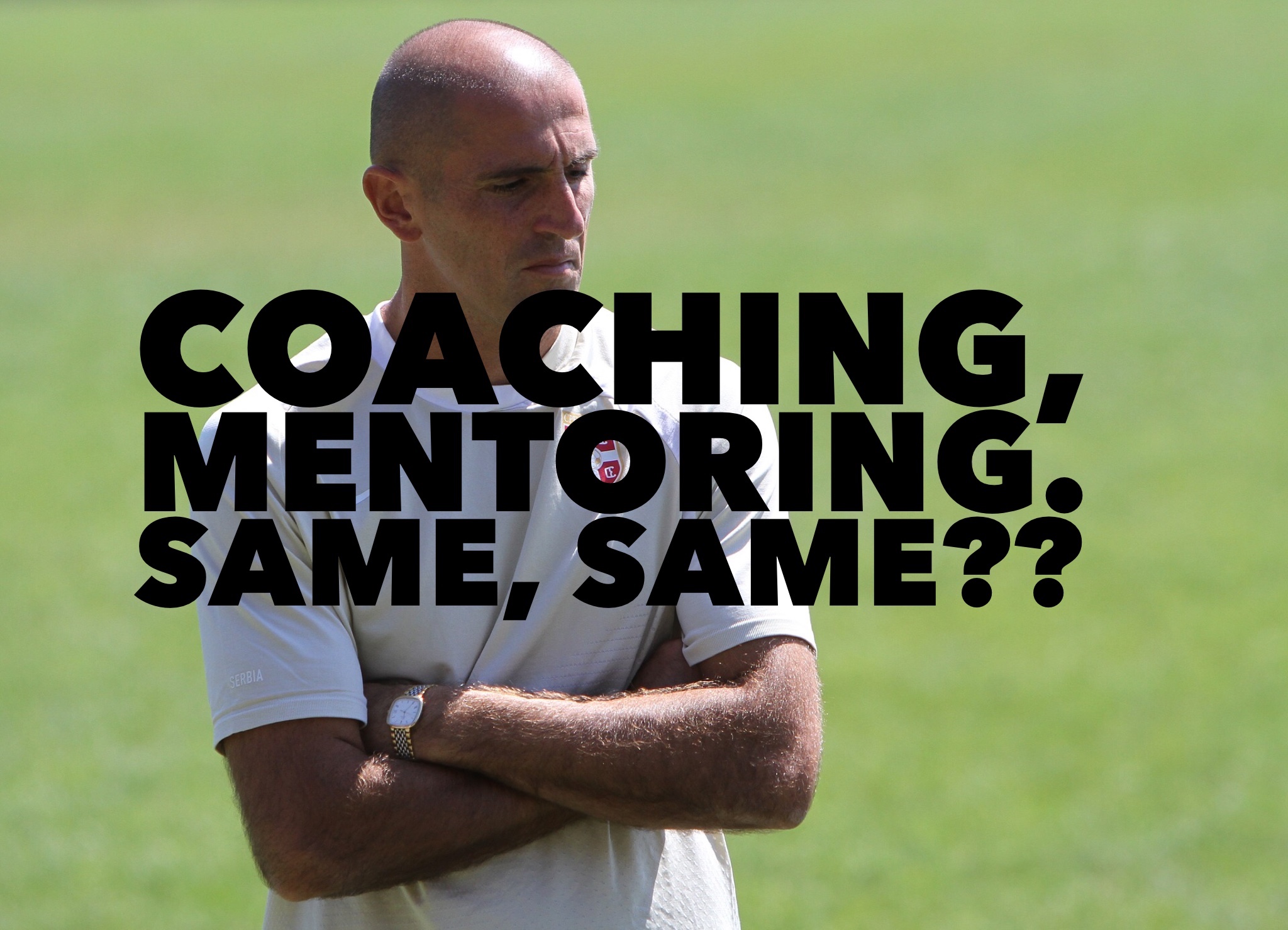
The difference between coaching and mentoring must be one of the most misunderstood concepts of all times. I can’t tell you the number of times that someone has been explaining what they want and used both terms interchangeably in the same conversation.
It is important to understand the difference, because both can be so extremely valuable to development and your approach to leadership. It’s also important if you are looking to mentor or coach or seeking out a mentor or coach that you know what you are looking for, because they are different beasts, and you will want the right person for the job.
The importance of both is something I talk about in my book Do What You Say You’ll Do. In fact both concepts have chapters devoted to them.
But I just loved this short and simple explanation from John Whitmore in his book Coaching for Performance: Growing Human Potential and Purpose. Whitmore is largely regarded as one of the founding fathers of executive or leadership coaching, so he knows a thing or two about coaching and how it differs from other modalities.
The difference between coaching and mentoring
This is how he explains the difference.
Coaching
“Coaching is unlocking people’s potential to maximise their own performance.” So the coach holds the process, the coaching counterpart holds the content and what they want to talk about. The coach isn’t there to provide advice, rather to allow the coaching counterpart to find their own answers.
Mentoring
“The word originates from Greek mythology, in which it is reported that Odysseus, when setting out for Troy, entrusted his house and the education of his son Telemachus to his friend, Mentor. “Tell him all you know,” Odysseus said, and thus unwittingly set some limits to mentoring..” In other words, a (usually) older, more experienced individual passes down their knowledge, their experiences and their wisdom to help support the person that they are mentoring in their own path. Here, the mentor is actively sharing content, usually in the context of helping, advising, illustrating a path to the person that they are mentoring. In this situation, advice is often sought and given. It’s a two way exchange of wisdom.
Whitmore goes further and provides one further differentiation “The effect of coaching is not dependent on “an older, more experienced individual passing down his knowledge.” Coaching requires expertise in coaching but not in the subject at hand. That is one of its great strengths.”
To illustrate this, I am mentoring a number of people in HR leadership, but coaching CFOs, programme managers, engineers, marketing experts. I can mentor because I have experience in HR leadership, and I can coach despite not ever working in those roles, because I hold the process and the coaching counterpart holds the content.
So, this week’s takeaways and application for your leadership approach:
- Coaching and mentoring are different.
- A mentor will usually be a more experienced person who is there to guide, support and advise. They will usually have directly relevant experience and be willing to share this.
- A coach will often not have experience in your area of work. They will work with you to help you find the answers and potential within you, rather than advise you on the best way forward.
- Both have their place within leadership and development.
Until next week, happy leading.


